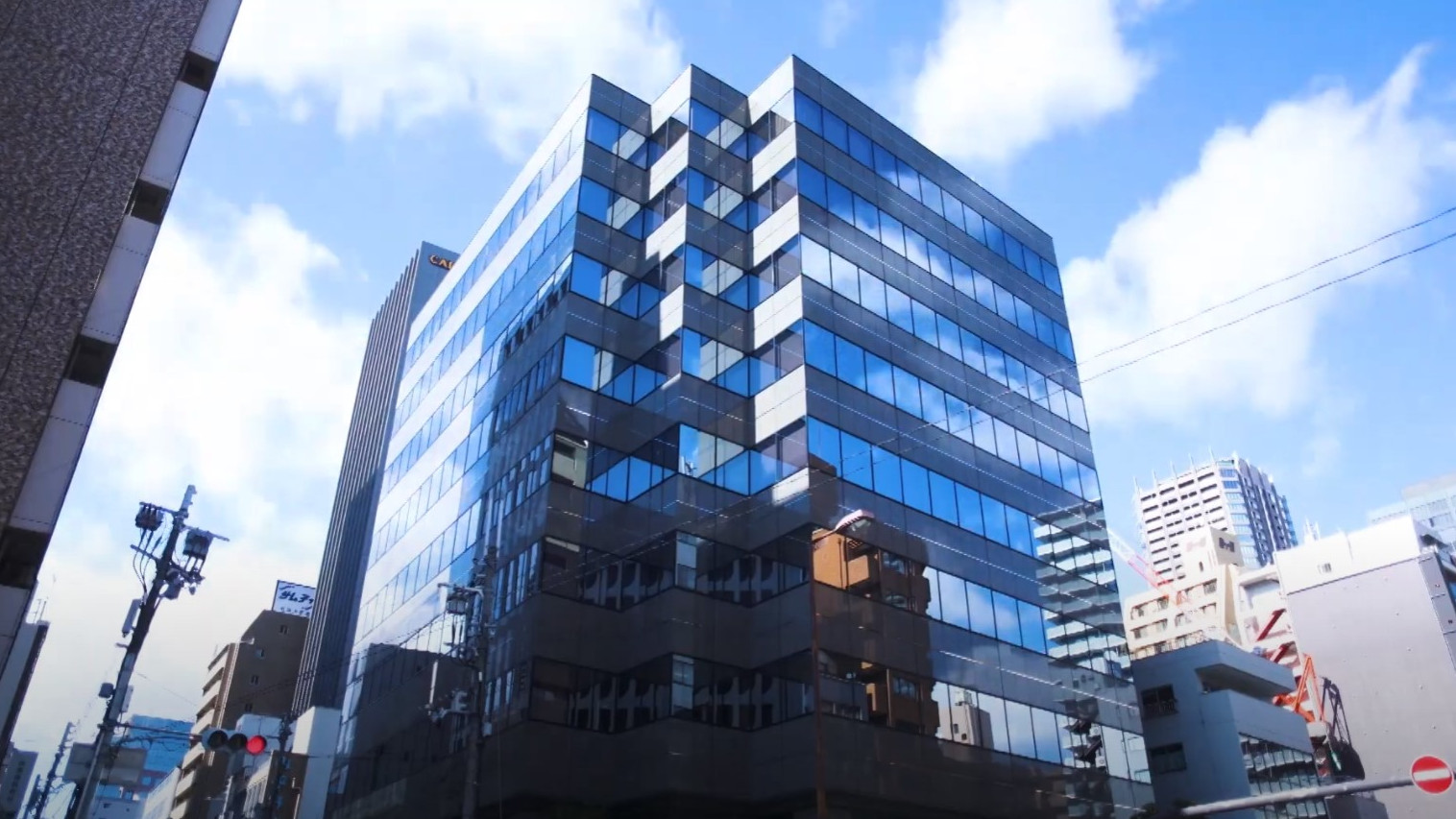Capcom reportedly forced staff to work on-site despite Japan's COVID-19 emergency
Last year's data leak allegedly made the publisher fearful of remote work.

It's been roughly a year since COVID-19 took over our lives. While it isn't worst-affected by the global pandemic, the games industry has struggled to adapt to the necessity of remote work. But this January, in the face of Japan posting some of its highest case figures, Capcom reportedly forced employees to continue clocking into the publisher's Osaka office.
Speaking to Japanese outlet Business Journal (via Kotaku), a Capcom whistle-blower said that employees were "forced to come to work" even as the government declared a state of emergency in parts of the country, including Osaka. According to a leaked internal email, it appears Capcom was so spooked by last year's ransomware attack that it has decided to cut off remote work.
"In view of this situation, we decided that we had to temporarily abandon the use of the remote system, which we had been preparing for verification by many people, and have to go to work," an email sent to the development department read (via Google Translate).
A message from a senior executive also allegedly read: "70 percent of Japan is at home, but 30 percent come to work to support the Japanese economy. We have a mission to support the Japanese economy as 30 percent"
In response, a Capcom spokesperson told Business Journal that it had implemented several measures to ensure office safety by enforcing social distancing, mask use, temperature checks and staggered work hours. The report notes that Capcom's actions aren't a clear breach of the country's Labor Standards Act, but the source notes that the pandemic has only exacerbated reportedly poor working conditions at Capcom.
Workers who refuse to enter the office are seemingly faced with employment restrictions, or placed on standby at home without work. Capcom reportedly seems to be making remote work as unappealing as possible, with one source saying: "In some cases, it seems as if they are being urged to retire."
In January, Capcom reported that the data leak affected just under 400,000 people, though payment details and game servers were unaffected. It's easy to see why management would be spooked, especially as the industry at large grapples with the reality of remote work. But by and large, they've made it work—all without bringing developers into a potential infection hotspot.
Keep up to date with the most important stories and the best deals, as picked by the PC Gamer team.
Speaking to PCGamer, a Capcom spokesperson reiterated the measures taken to ensure safety in-office, adding that the company has not "forced attendance" for any employee, stating:
"While the State of Emergency was in effect last year, from April 13 through May 25 of 2020, Capcom implemented a general policy of telecommuting and stay-at-home measures (special paid leave) for its employees, including members of development; in 2021, Capcom has endeavoured to limit attendance at its offices as much as possible by utilizing a combination of staggered work hours and stay-at-home measures. Further, when employees have been requested to come into work, the company has provided consultation beforehand in order to take each individual employee’s personal circumstances into consideration and has not forced attendance."
This story has been updated with Capcom's statement.

20 years ago, Nat played Jet Set Radio Future for the first time, and she's not stopped thinking about games since. Joining PC Gamer in 2020, she comes from three years of freelance reporting at Rock Paper Shotgun, Waypoint, VG247 and more. Embedded in the European indie scene and a part-time game developer herself, Nat is always looking for a new curiosity to scream about—whether it's the next best indie darling, or simply someone modding a Scotmid into Black Mesa. She also unofficially appears in Apex Legends under the pseudonym Horizon.

